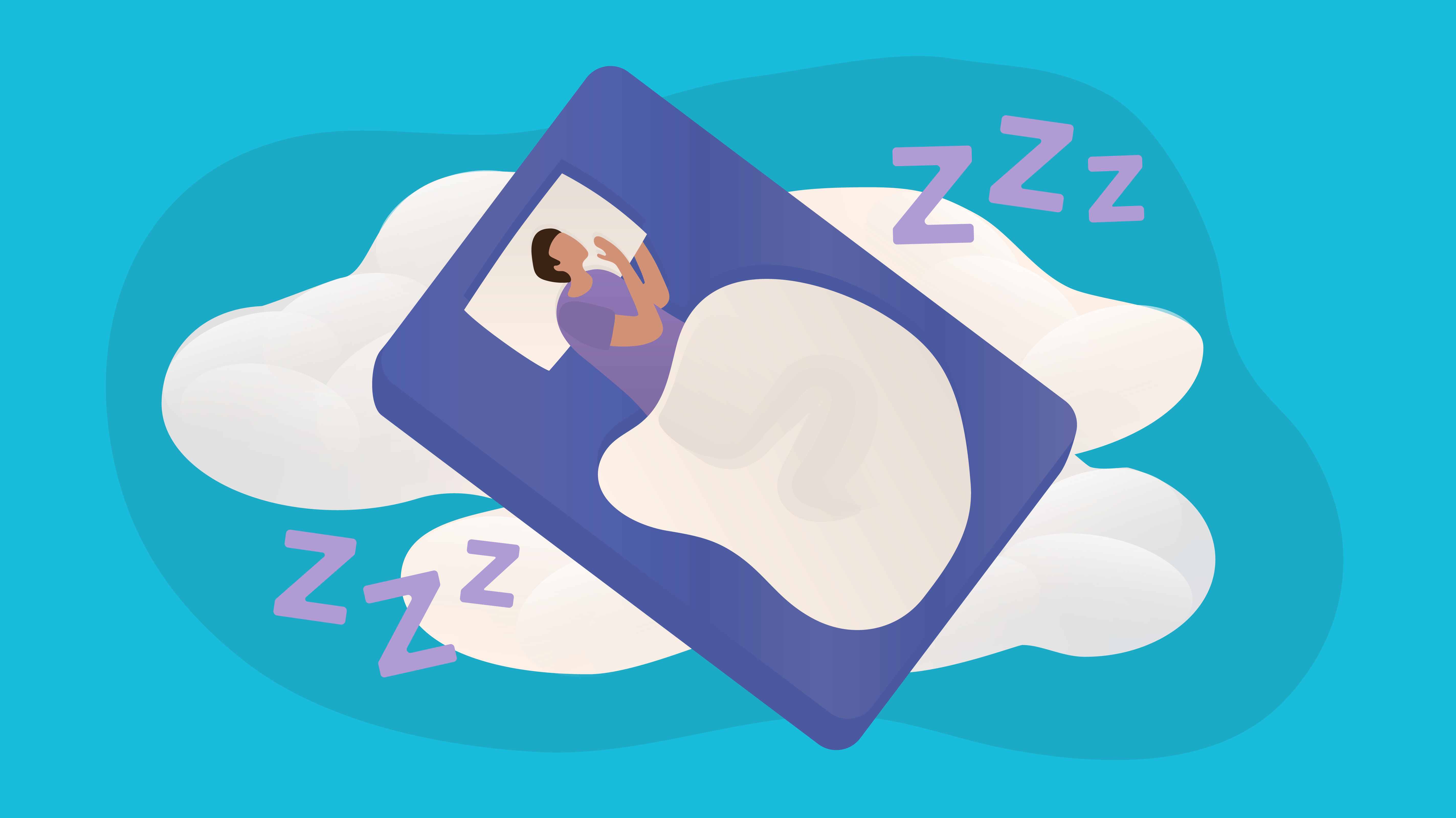Did you know a crucial element of physical therapy is one that doesn’t even occur when you’re awake? That’s right, sleep has a profound effect on an individual’s quality of life and general health. With May being Better Sleep Month, we want to illuminate the unique relationship between physical therapy and sleep, and the importance sleep has on patient outcomes.
Since sleep “has an important role in the proper functioning of most, if not all, body systems,” poor sleep can lead to a plethora of issues. These can range from increased pain perception to depression; inadequate sleep can also contribute to attention deficits and information processing disruption which can lead to serious injuries. As a preventative measure to back, neck, shoulder, and hip pain, a good night’s sleep is your best defense. So next time someone says, “you snooze, you lose” you can counter with “not necessarily.”
Sleep is also important for recovery. “Reduced sleep quality interferes with the normal regulation of immune processes…which may lead to increased neuronal sensitivity and pain perception.” If you are recovering from surgery or an injury, proper sleep should lead to a decrease in pain. One method to improve your quality of sleep is through exercise. Be it physical therapy, weightlifting, or cardio, exercise can improve your sleep quality by decreasing the amount of time it takes you to fall asleep (sleep onset.) While there is healthy debate in the industry about what time of day is best to exercise, your PT can make a recommendation based on your specific condition, situation, and circumstances.
Find Out If Physical Therapy Is Right For You
Schedule an appointment with a licensed physical therapist to help recover from your chronic pain through hands-on manual therapy.
Exercise isn’t the only way to improve your sleep. Sleep hygiene refers to habits and practices that lead to improved sleep. While avoiding caffeine before bed is common sense, here are some under the radar sleep hygiene tips to help you get a better night’s rest:
Avoid alcohol – While nightcaps are a common expression and can lead to a shortened sleep onset, the effect wears off and can lead to you waking up in the middle of the night.
Get a sleep schedule – Going to bed and waking up at the same time every day helps you establish an internal clock which can lead to your brain producing melatonin (a hormone that aids in sleep) at the same time.
No large meals…at least within three hours of bedtime – Thanksgiving (and everyone’s favorite buzz word: tryptophan) might have you thinking a big meal can lead to good sleep, but it’s actually the opposite. Your body uses energy to digest food, but the digestive system slows down when you are asleep. A large meal can lead to mixed internal messages that can keep you awake. If you really want a snack before bed, we recommend Greek yogurt because it is low in sugar but high in protein and – you guessed it – tryptophan.
How you sleep is also important. It doesn’t matter if you are a side sleeper or back sleeper, our physical therapists can make recommendations on how to improve your quality of sleep and positioning. Since researchers estimate we spend a third of our lives asleep, let us help you maximize that time.
_________
Sources



